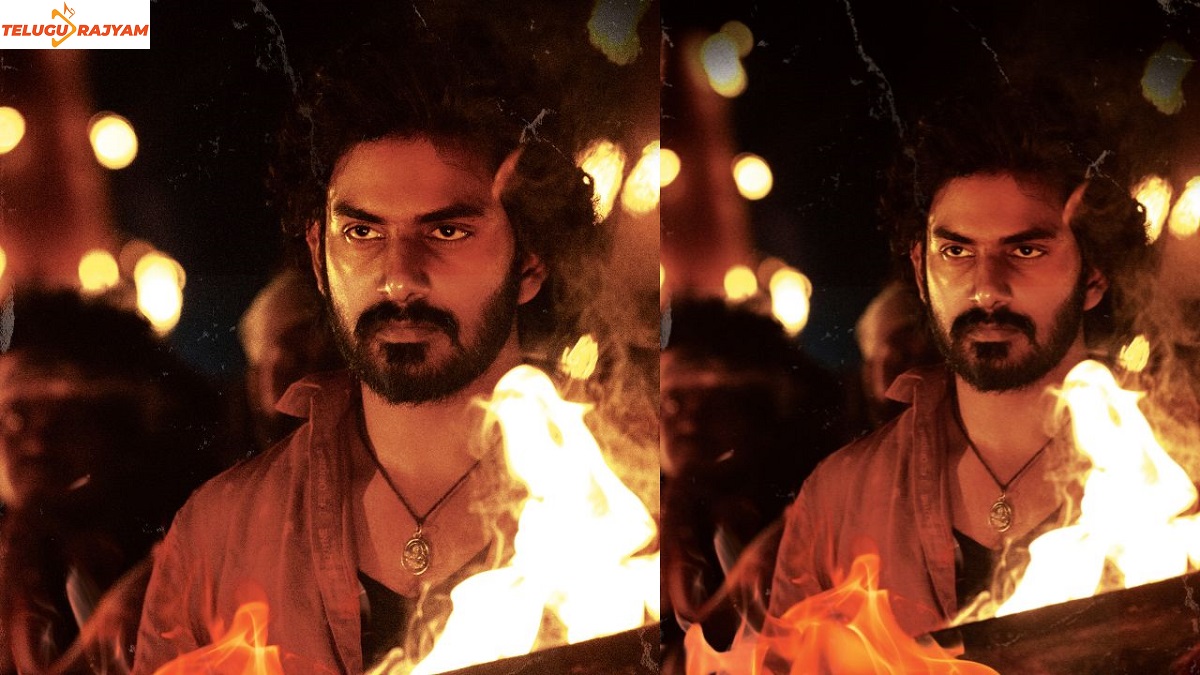Starring: Virat Karrna, Pragathi Shrivatsav, Rao Ramesh, Naga Babu, Anasuya,
Director: Srikanth Addala
Producer: Miryala Ravinder Reddy
Music: Mickey J Meyer
Director Srikanth Addala, known for his previous work on “Brahmotsavam,” shifts to a bolder and more rustic storytelling approach with “Pedda Kapu.” This film also marks the debut of Virat Karrna as the male lead and aims to make its mark in Telugu cinema.
Story:
“Pedda Kapu” is set in the 1980s in a fictional village near Rajahmundry, where caste politics and family feuds dominate. The story revolves around Peddha Kapu (Virat Karrna), who stands up against oppression imposed by two powerful figures in the village, Satya Rangayya (Rao Ramesh) and Bhaiyanna (Aadukalam Naren). The movie takes a significant turn with the entry of NT Ramarao into politics in 1982. Peddha Kapu’s journey to settle scores with the influential Satya Rangayya and Bhaiyanna forms the core of the story. Akkamma (Anasuya) plays a mysterious role in the proceedings.
Performances:
Virat Karrna makes a commendable debut, particularly excelling in action sequences and emotional scenes.
Rao Ramesh delivers a convincing portrayal of a crooked villain and selfish politician in a rural setting.
Pragati Srivastava’s performance as a rural woman adds depth to her character, and she handles it well.
Tanikella Bharani’s role as a concerned and socially aware character brings value to the story.
Anasuya’s character, although highly anticipated, doesn’t have the desired impact.
Srikanth Addala’s role as a villain leaves a partial impression.
Highlights:
Visuals and Production Design
Rural Setting and Background Music
Drawbacks:
Excessive Brutal Violence
Prolonged Drama
Lack of Emotional Connection
Slow and Predictable Narration
Weak Songs
Verdict:
“Pedda Kapu” attempts to capitalize on the trend of rural-themed movies in Telugu cinema, following the successes of films like “Rangasthalam” and “Pushpa.” However, it appears to be a late entry into this genre. The film relies heavily on bold and rustic content but lacks a substantial storyline to support it.
The violence in the film, featuring gruesome scenes like head-chopping, is intentionally bold but may not resonate with all audiences. While the first half of the film shows promise and intensity, the second half takes a nosedive, leaving viewers disappointed. Despite a promising interval scene, the film’s twist involving Akkamma fails to have the desired impact.
“Pedda Kapu” is predictable in its second half, and the climax lacks engagement. The storytelling is confusing, with a stretched-out drama that lacks depth and engaging moments. The film aspires to be grand and ambitious but falters in terms of narrative execution.
For debutant Virat Karrna, “Pedda Kapu” offers a decent start, while for director Srikanth Addala, it is a setback in his career.
